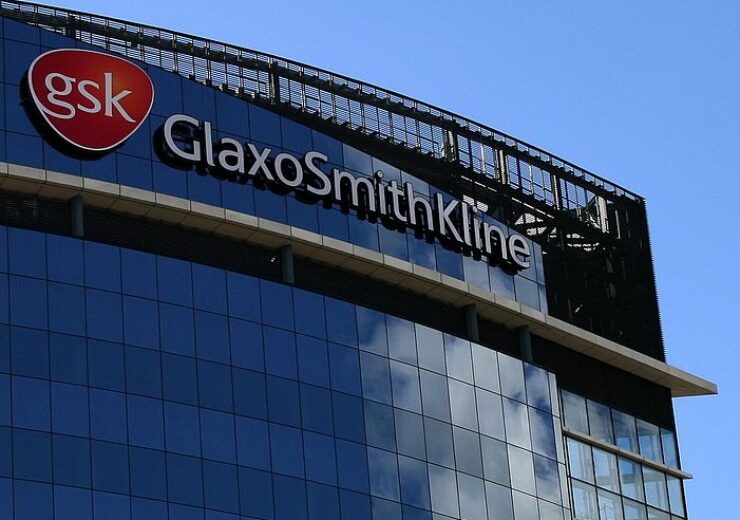The FDA approval is supported by data from the SYNAPSE study that assessed the effect of Nucala in more than 400 patients with CRSwNP, compared to placebo

GSK's head office in Brentford, London. (Credit: Ian Wilson/Wikipedia.)
GSK has received the US Food and Drug Administration (FDA) approval for Nucala (mepolizumab) to treat adults with chronic rhinosinusitis with nasal polyps (CRSwNP).
Nucala is a monoclonal antibody that prevents interleukin-5 (IL-5) from binding to its receptor on the surface of eosinophils, to reduce and maintain normal eosinophils levels in the blood.
The US regulator indicated the drug for add-on maintenance treatment of CRSwNP in adult patients, aged 18 years and above, with inadequate response to nasal corticosteroids.
Nucala was previously approved in the US for the treatment of three other eosinophil-driven diseases.
The first indication is for add-on maintenance treatment of adult and paediatric patients, aged six years and above, with severe asthma and with an eosinophilic phenotype.
Also, the drug was indicated for the treatment of eosinophilic granulomatosis with polyangiitis in adults and hypereosinophilic syndrome for more than six months, in adult and paediatric patients, aged 12 years and above.
GSK chief scientific officer and R&D president Hal Barron said: “More than five million people in the US suffer with chronic rhinosinusitis with nasal polyps and today’s approval provides these patients with the first anti-IL-5 treatment option and an alternative to surgery to help reduce symptoms of this disease.
“GSK is committed to exploring the role of IL-5 inhibition in eosinophil-driven diseases to help address unmet needs of patients.”
CRSwNP is a chronic inflammatory disease of the nasal passage linings or sinuses and may lead to soft tissue growths, dubbed nasal polyps.
The disease is often characterised by elevated levels of eosinophils and can lead to chronic symptoms, including nasal obstruction, loss of smell, facial pressure and nasal discharge.
The US FDA approval is supported by data from the SYNAPSE study that assessed the effect of Nucala in more than 400 patients with CRSwNP, compared to placebo.
In the trial, the treatment using Nucala resulted in a significant reduction in the size of nasal polyps and nasal obstruction, in 57% of patients compared to placebo
Also, the number of patients needing systemic corticosteroid during the 52-week treatment period was lower in patients who received Nucala.
